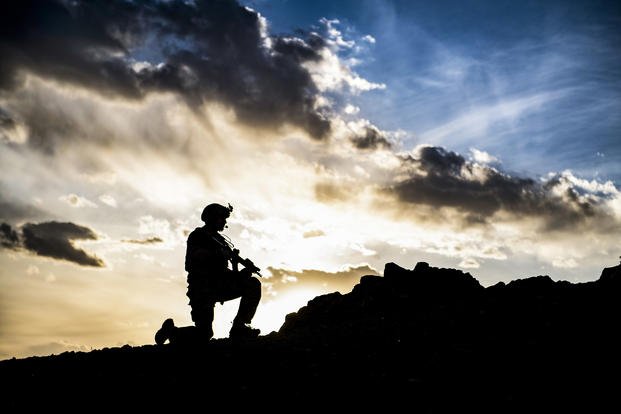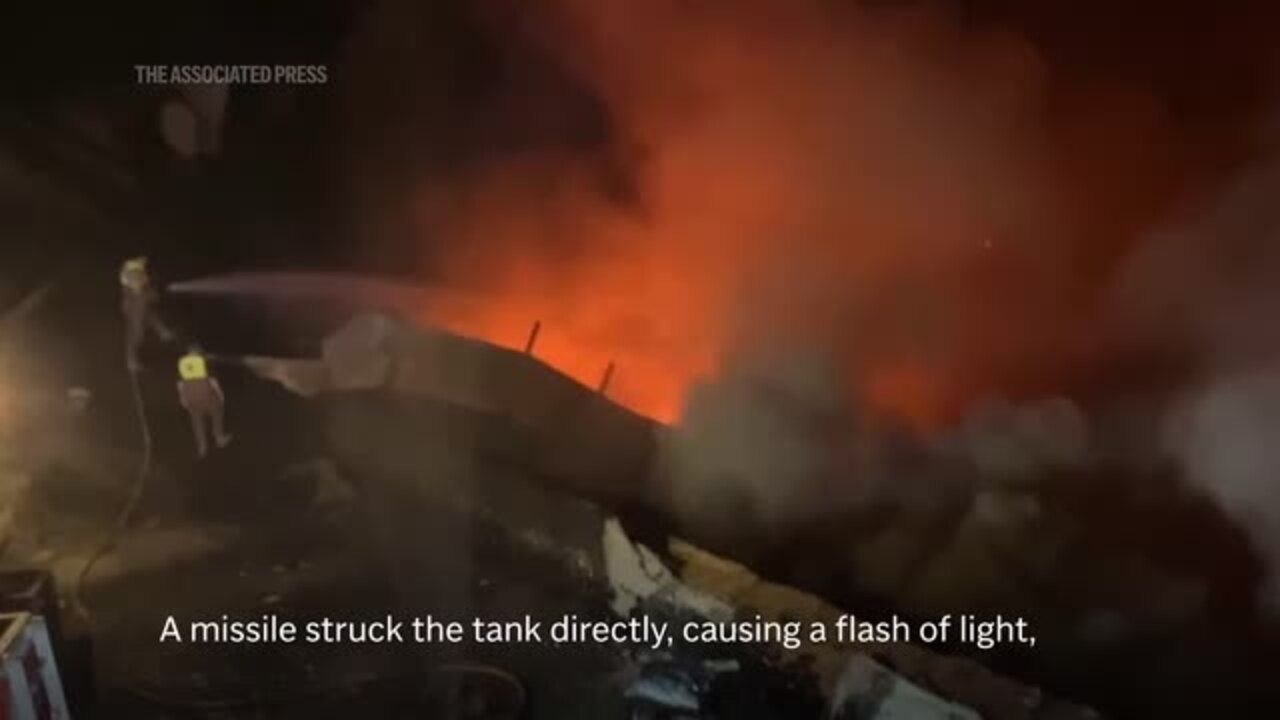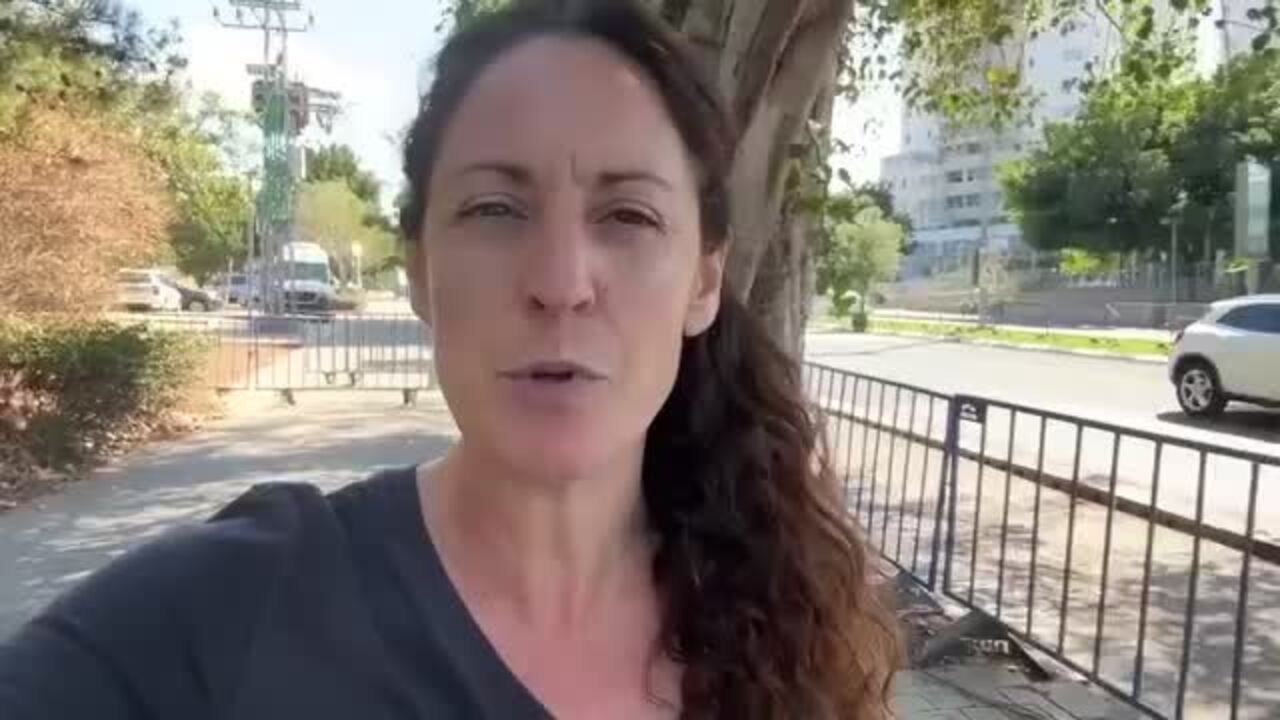As an Amazon Associate, Military.com earns from qualifying purchases.
The only problem with taking that time to listen is that sometimes I don't want to hear what's being said. Like when someone asks, "Was it worth it?"
This is probably the most common question I get asked by those who think they're interested in my story. This is the number one request, over war stories (being friends with mostly liberals means no admission of bloodlust, desire for violence, or relishing in power), over mental health (being friends with mostly Americans means no acknowledgment of the ramifications of war, imperialism, and removal of life), and over "what it was like" (being friends with mostly humans means little attempted acknowledgment or seeking out of another's soul).
It comes in a number of forms, this question, each version carrying a separate tone that allows the speaker to keep the question open, to carry an unsaid parenthetical. It could mean:
"Was it worth it [for you]?"
Or
"Was it worth it [for us]?"
Or
"Was it worth it [for them]?"
Or
"Was it worth it [for anyone]?"
The first version, wherein the tone implies a "for you," I have an answer for, an honest one. It was. Joining the Air Force is the best decision I ever made. Unforeseeable, or at least unseen, downstream effects included. Getting out was the second-best. My decision to get out was a personal one, and while I may have complicated feelings about what I did in the military, I don't begrudge anyone who stayed in, is in, or wants to be in. I would only say to the latter group, be careful. It might not be worth it for you.
The second version and third versions of this question are, in my experience, the more common ones. These are the questions that undergirded much of the news and commentary that surrounded the "fall" of Afghanistan. They aren't unreasonable questions, on their face. How much time, how much money, how many lives did we as a country devote to fighting in a country completely devoid of any strategic importance?

No matter what the policy wonks want you to believe, as they will tell you that Afghanistan is bordered by Iran and Pakistan and China and once upon a time the USSR, thereby making it important for global security and affairs, except Afghanistan as a country is little more than a fairy tale, simply a place we (the West) decided to name and impose these borders on so that we could have a location that was (a) conveniently surrounded by our enemies, and (b) ours for the taking. Any importance it has had on the global stage in recent history was purely invented by those who conceived of it in the first place. And how much suffering did Afghans have to go through in that time? Constantly living under the fear of the Taliban's return, their reversion to the dark ages, their loss of, gasp, democracy.
These verbal isotopes are convenient, as they protect the speaker from asking what they actually want to know:
"What do we get out of it?"
Or
"What will Afghanistan look like thanks to us?"
Often, the person asking one of these questions is hoping for an answer to both; it's more of an "and" than an "or."
I have answers for these questions too, though they aren't honest. They're not as ready, not as pithy as my first answer, as they largely depend on the context of the conversation. But as a rule, said answers usually involve deferring, demurring, de-something-ing, instead of saying what I usually want to: "F--k you."
F--k you and your newfound, if not completely artificial then at least conveniently timed anxiety for a country of 40 million people, except oh wait, for you they aren't people, they're "those poor people" or "all those Afghanis" (an Afghani is a currency, not a person, by the by), or, best of all, "those women," said with every bit of emphasis you can muster on the plight of those poor creatures who will return to being if not beasts of burden then at least subhuman under the Taliban's rule, a predestination that you have a Calvinist fervor for because you already consider these women so much Lesser Than.
You aren't asking "What will the women in Afghanistan do?" You are asking "What will happen to the women in Afghanistan?" Your conceptualization of these vibrant, exceptional humans who are part of a culture millennia older than almost any you could claim completely denies them agency. They are not women, they are Other, and you are a sanctimonious f--kwit for deigning to think of them in your moments of outrage that only come into being when directly confronted with the consequences of your particular brand of American exceptionalism.
If you want to care about women's rights, buy a bicycle. Or at least an electric car. Stop buying oil and supporting the world's most fervent exporter of regressive, subjugating, militant, violent Islam. (Hint: It's a place that, unlike Afghanistan, is actually mostly desert.) At least stop to consider the number of things you purchase that were made in a country that is currently, actively, sterilizing women of a certain ethnic minority. (Hint: It's a place where most things are made.) Or, maybe, I don't know, f-----g vote, and not just when it's a convenient way to virtue signal once you finally realize that oh, women's rights in this country are at risk too.
If you want to know what Afghanistan will look like, it isn't that hard. Look at any picture of it from the last ten years. Look at all the blown-up buildings, the walls that are more bullet holes than concrete, the miles and miles of burned poppy fields.
Watch a video of the aftermath of the suicide bomb that killed at least 170 people when we withdrew from Afghanistan, dozens of their bodies floating in a blood-tinged canal. Note how the person filming's hand doesn't shake, their voice doesn't crack, there are no screams of surprise or fear. They've seen worse, and they've seen it more times than you can, quite literally, imagine. (You could also look at pictures from Iraq. Or Syria. Or Libya. Or Yemen. Or any of the other places we like to drop bombs on. Dealer's choice.)
Once I'm done screaming at you in all of my inarticulate rage, you may say, "Whoa, whoa, but like, what about what the Taliban will do now that they're back in power?"
F--k you. What about it?
Less than a week after our nation's ill-fated flight, Anand Gopal published a piece in The New Yorker entitled "The Other Afghan Women." In it, he detailed the state of affairs in the countryside of Afghanistan, where more than 70 percent of the population lives. He was there in the early summer of 2021, before all of Afghanistan had been officially reclaimed by the Taliban.
But most of it was under their rule, including the areas he was traveling through. The people he talked to, more specifically the women he talked to, were significantly more at ease now that the Taliban was back in control. Without Americans fighting them, and without the monstrously corrupt Afghan National Army being backed by American forces, violence was at its lowest point in years.
A week and a half after that The New York Times published a separate piece that further detailed the new quiet that pervaded the countryside. There were no air strikes. Firefights, once a daily occurrence, were few and far between. There were fewer checkpoints, Talib or otherwise. Afghanistan was, in fact, safer with the Taliban in charge.
What is it that you're so afraid of the Taliban doing? Enforcing their own moral code on those who don't wish to live by that code? Drive to Texas. Or California. Same thing's happening there. It's called government.
Enacting retribution without courts? I refer you to the time we used a drone to kill a sixteen-year-old American citizen because his dad -- another American citizen who we killed without due process -- had been deemed a terrorist.
Killing people for no reason other than their ancestry? We got lynchings aplenty here.
The argument implicit in this question of what the Taliban will do is that we were somehow doing better. I suspect this argument is unavoidable; most people or institutions are the hero in their own story. Or at the very least what they're doing is "worth it." Ends and means, etc. But the United States isn't interested in being in the story. They want to write it. Because if they don't, it gets a lot harder to see their actions as valorous.
Excerpt from "What The Taliban Told Me" by Ian Fritz. Copyright © 2023 by Ian Fritz. Reprinted by permission of Simon & Schuster, N.Y.
Ian Fritz was an airborne cryptologic linguist in the U.S. Air Force from 2008 to 2013, deploying twice to Afghanistan.









